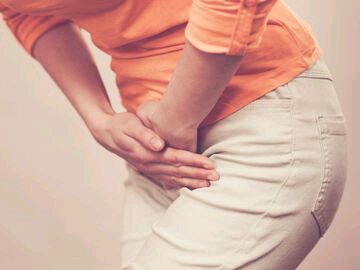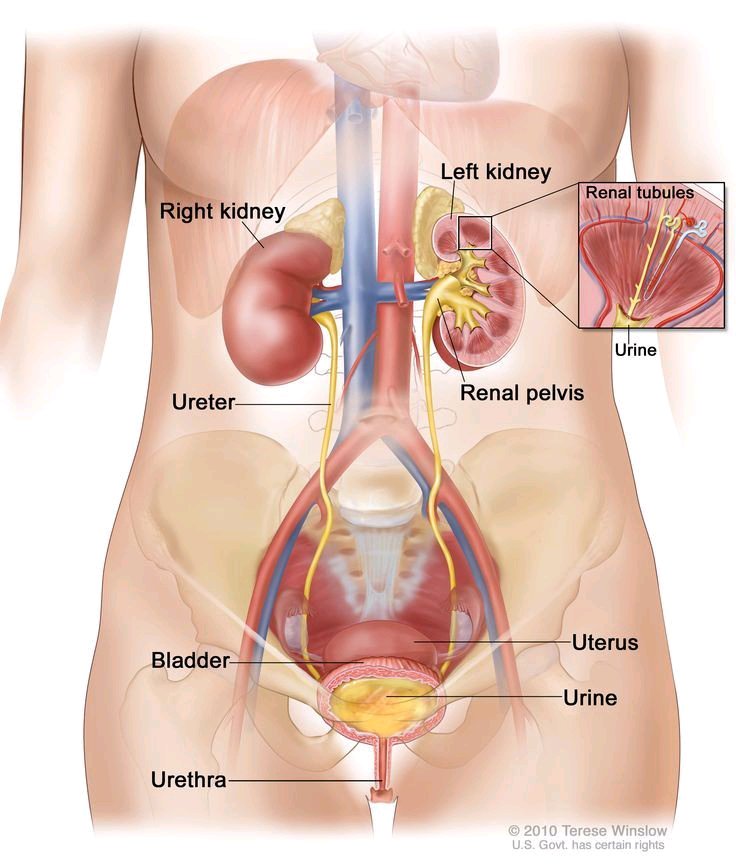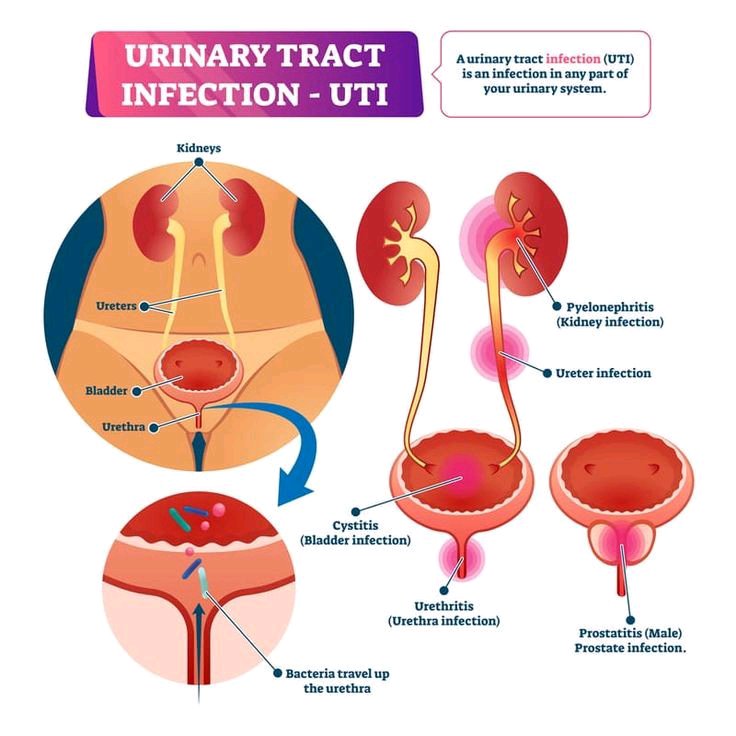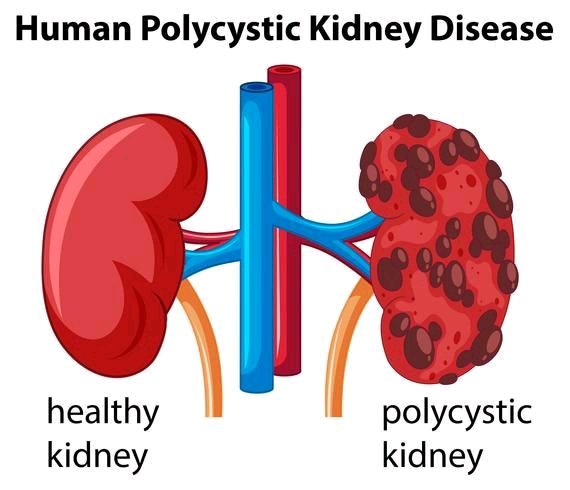
Once your kidneys filter the blood to remove waste and toxins from your blood, urine is formed and expelled from your body through the urethra. While there is no set number of times a person is required to urinate a day, it is generally believed that an average healthy person would urinate six or seven times a day. When there is a deviation from this figure, several factors could have come into play.

According to Jayne Leonard of Medicalnewstoday, a few of the factors that can influence how often an individual urinates throughout the day include certain medications, supplements, foods, and beverages, as well as age, bladder size, and certain medical issues or conditions. Medical conditions that can potentially make an individual urinate more than 8 times are particularly to be taken seriously as they can be indications of other health issues.
With that in mind, this article would, therefore, be looking at certain health issues that can make you urinate more than eight (8) times a day. The health issues are examined below:

1. Urinary tract infection (UTI)
Urinary tract infections refer to a condition in which there is a multiplication of bacteria in the urinary tract of an individual. It is a common condition, capable of affecting both sexes and could be characterised by certain symptoms including frequent and increased urination. What’s more, a urinary tract infection can also make you experience an urgent need to urinate, regardless of if you’ve just urinated or not.
2. Urinary retention
Urinary retention refers to a urinary problem in which an affected individual is unable to fully empty his or her bladder. With urinary retention, you are more likely to have a recurring and persistent urge to urinate even after just urinating. Other warning symptoms of this condition include feeling pain, especially in the lower abdomen, and frequent urination. It can be caused by neurological factors, infections, bladder muscle dysfunction, obstruction, and medications.
3. Diabetes
Diabetes or high blood sugar is another potential cause of frequent urination, which culminate in you having to urinate more than 8 times a day. According to Healthline, having diabetes or undiagnosed diabetes can make you urinate more often than usual, as frequent urination is a means through which your body gets rid of the extra sugar in your bloodstream.
4. Hypocalcemia or hyperglycemia
Hypoglycemia or hyperglycemia refers to a condition in which the calcium levels in your body are too high or too low. The anomaly in the levels of your calcium can cause a change in the frequency of your urination, causing you to urinate more often than normal.
5. Polycystic kidney disease

Polycystic kidney disease, according to Healthline, is a genetic condition where cysts grow on the kidneys of an individual. Most people affected by this health issue often don’t have symptoms until they are between the ages of 30 to 50. If you have this condition, one of the early symptoms you may observe is an increase in how often you urinate.
6. Kidney stones
Kidney stones refer to crystallised stones formed in your kidneys, which can be painful when being passed along the urinary tract. They can also cause extreme pain along your side and back that may radiate to your belly or groin. Kidney stones may also lead to frequent urination, as well as other symptoms such as pain during urination, urinary urgency, blood in urine, cloudy urine, and fever and chills.
7. Low potassium (hypokalemia)
Hypokalemia which signifies low levels of potassium can also make you urinate more often than normal. This is because this condition affects your kidneys’ ability to concentrate urine, which may, in turn, lead to excessive thirst or excessive urination.
Foods to Watch
Having considered some of the health issues that can make you urinate more than the normal times a day, it is worth stating that your diet can also significantly increase your urine output. Such foods are usually natural diuretics and can increase the amount of fluid your body expels. Such foods include caffeine, green tea and black tea, hibiscus, grapes, berries, watermelon, coffee, tea, soda, chocolate, energy drinks, and celery.
